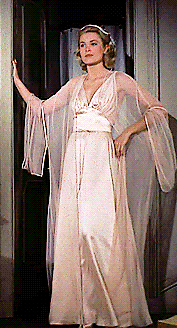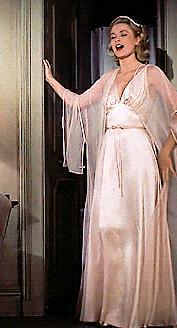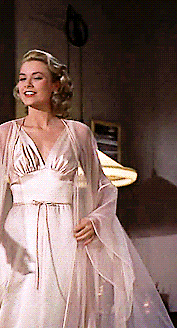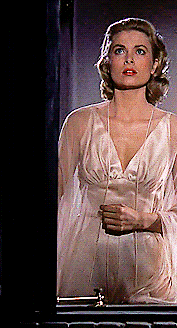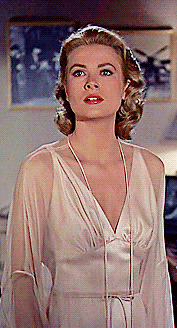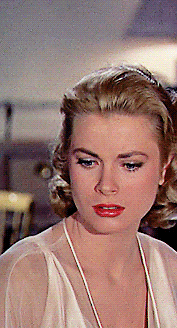Curate, connect, and discover
Rear Window - Blog Posts

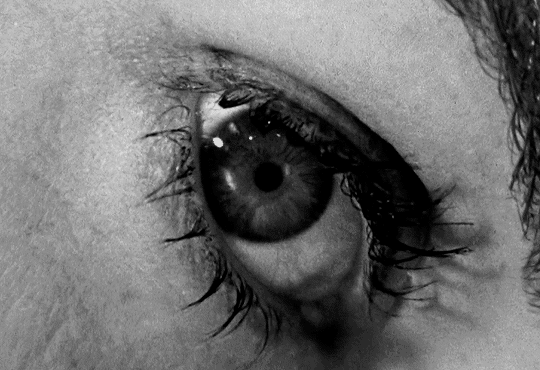
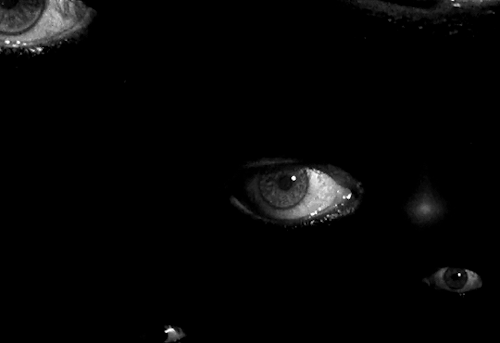


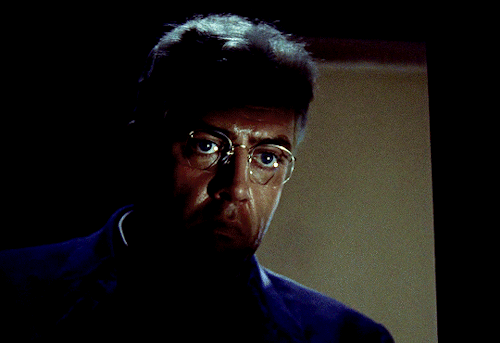
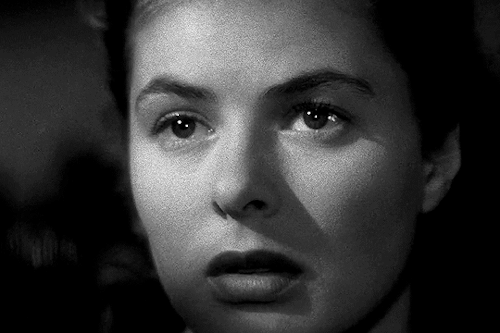

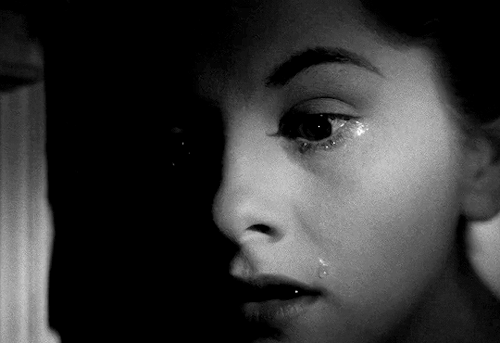
Eyes in Hitchcock Films
Psycho (1960) Spellbound (1945) Vertigo (1958) Rear Window (1954) Rebecca (1940)
North by Northwest
I think I first saw North by Northwest when I think I was around nine or ten, I loved it instantly. Interestingly on-point with today’s Russian-US spy conspiracies with the added accuracy of the US going “eh”. Similar to soap operas, it’s a comedic-drama (more known now as dramedy) where it’s so ridiculous how things keep going so wrong (the miss-identification, the murder, the blanks). A good film on its own (and according to many) this was also my first introduction to Cary Grant, creating its own place of nostalgia for my film list.

The house at the mountain scene and the train are what I think of when I think of this film. While I don’t particularly remember what happens where or when, constant nods to its presence in tv and other films reflect its relevance not just for me as it is an instant classic that will always be able to be enjoyed.
PS—Shout out to Rear Window, while actually released prior to North by Northwest I saw after but connect the two more than I do Rear Window’s Remake (Distubria) due to their aesthetic. I like this film as well for its suspense and alloying you to unfold the mystery with “Jeff” as opposed to just watching him


REAR WINDOW (1954) (The ultimate movie for a summer in Quarantine)
It has been said that this film evokes summer in the city like no other, and it feels particularly apt for one in which many of us have been confined to our homes. Windows in London are currently flung open due to a heat wave, and I’m finding myself much more conscious of my neighbours, of the routines of the street, and of the inherently communal nature of urban life. This emphasises the effect that climate can have on the way we experience and behave in buildings and cities - something which is often overlooked by designers. Another aspect of being confined to an apartment is that the details of the interior, and of the limited space visible from the windows, can seem to expand to comprise your entire universe. Few of us have had as absorbing a world to observe as Jimmy Stewart does here, however, as a photographer holed up in a small Manhattan residence with a broken leg, and nothing to do all day but spy on neighbours with his telephoto lens. Architecture often played a central role in Hitchcock's films, and several commentators such as art historian Steven Jacobs have written about this at length .He discusses the symbolism of Rear Window’s set design in this essay and in the book The Wrong House: The Architecture of Alfred Hitchcock. (Poster by Adam Simpson via missedprints)
